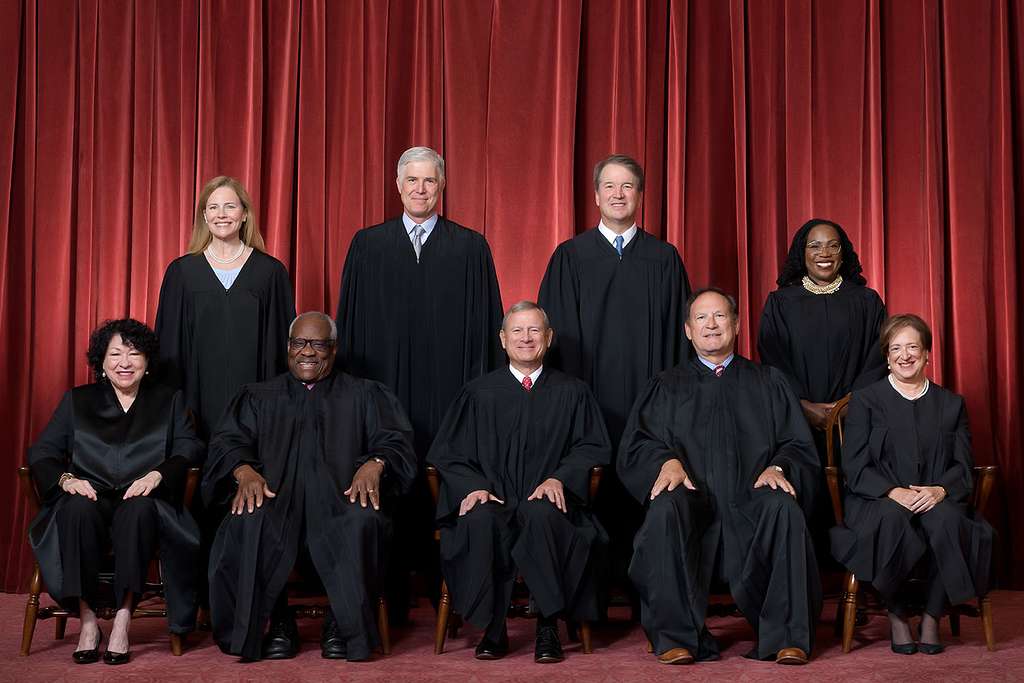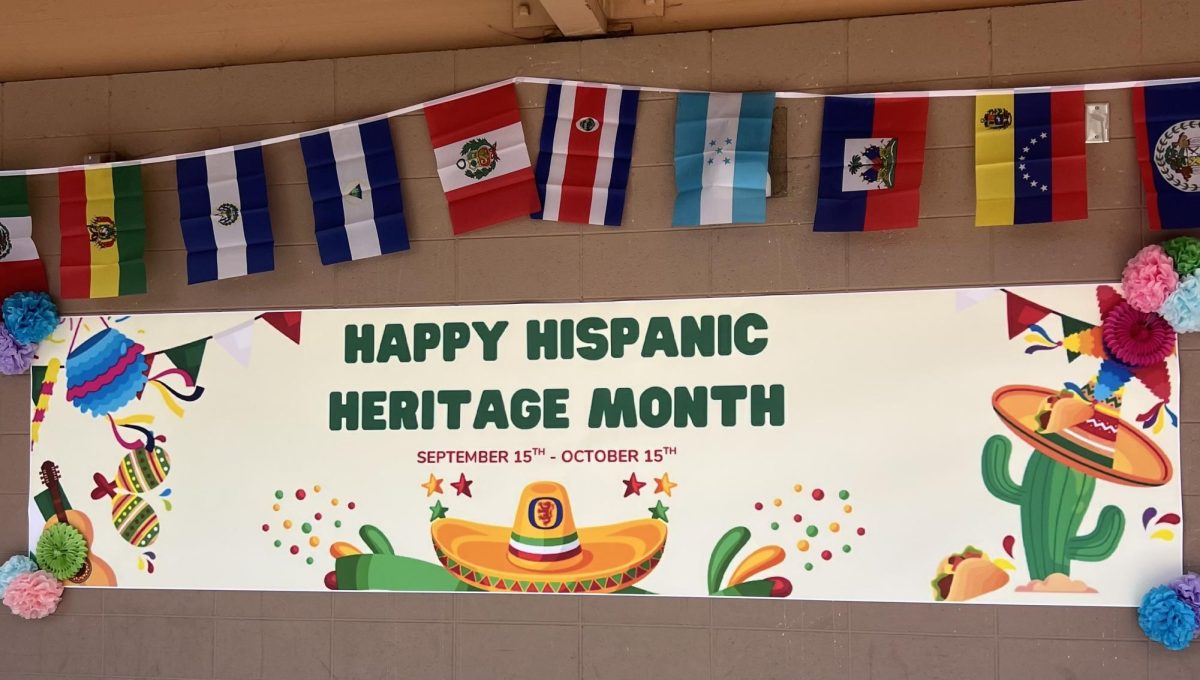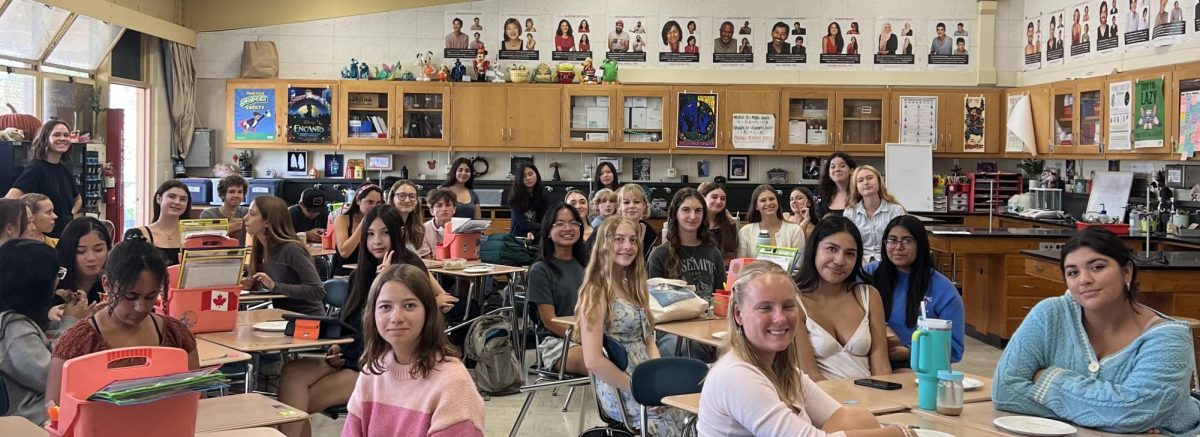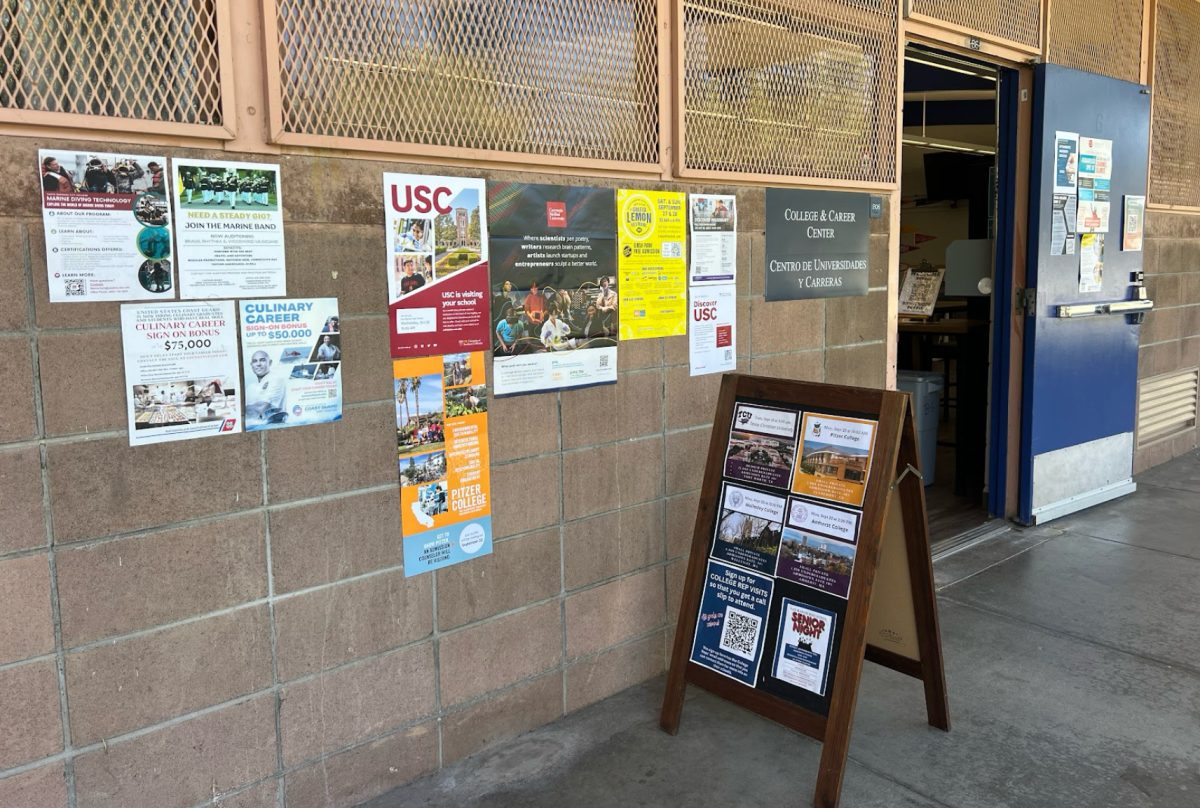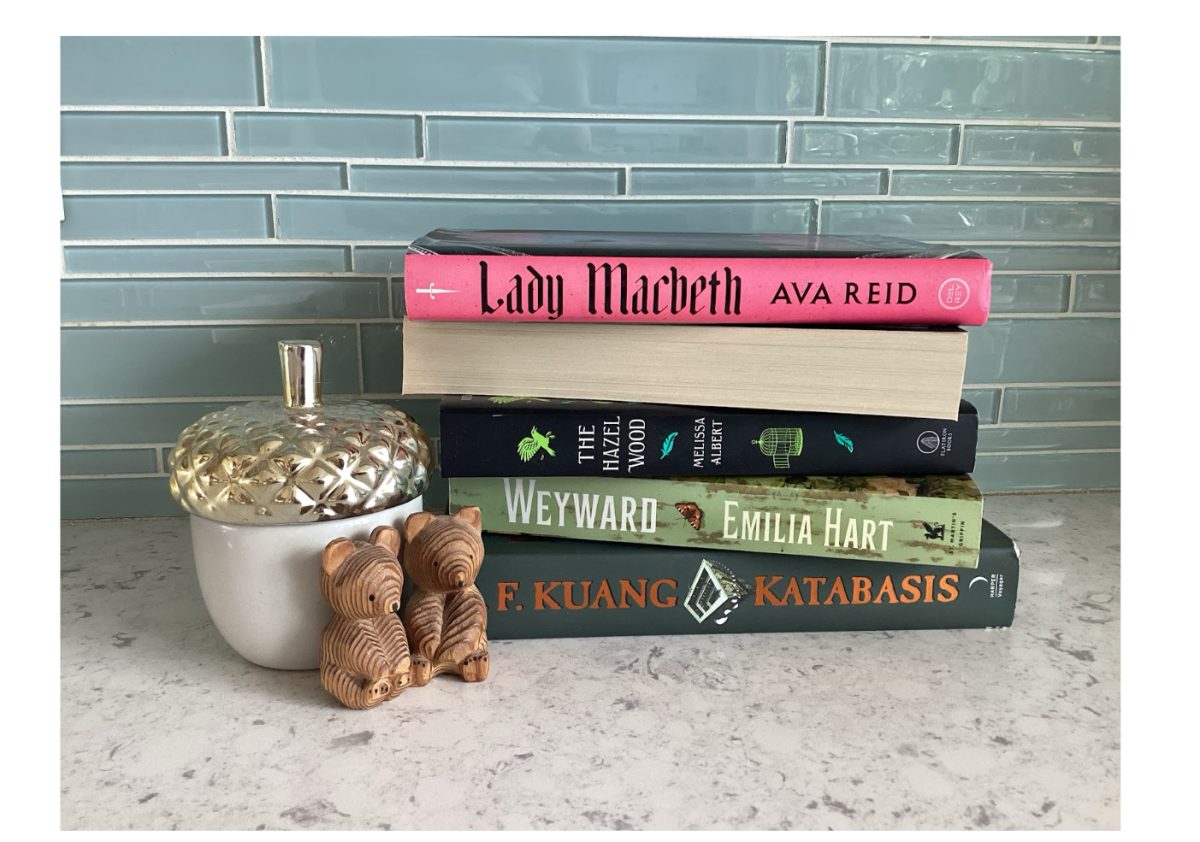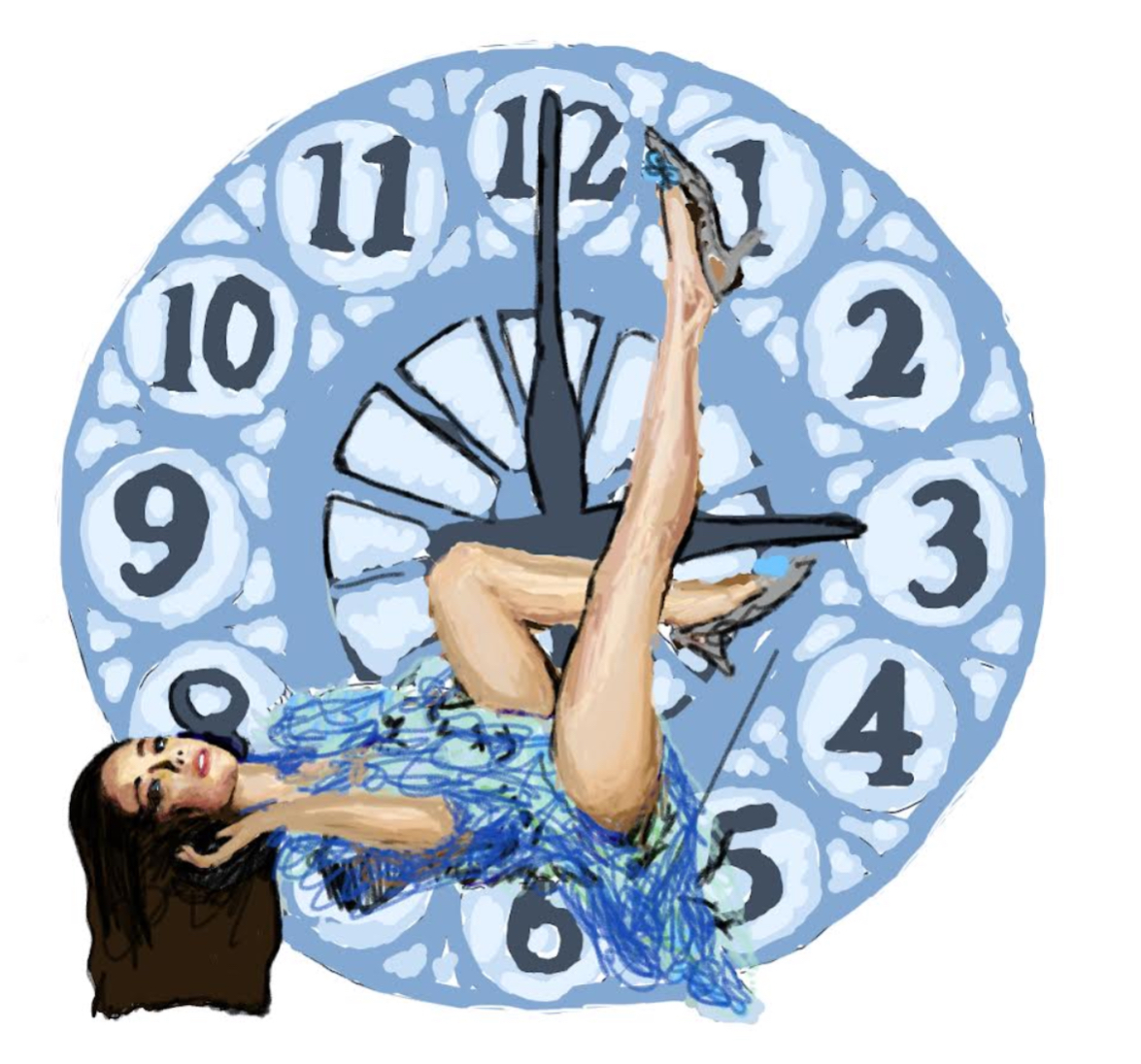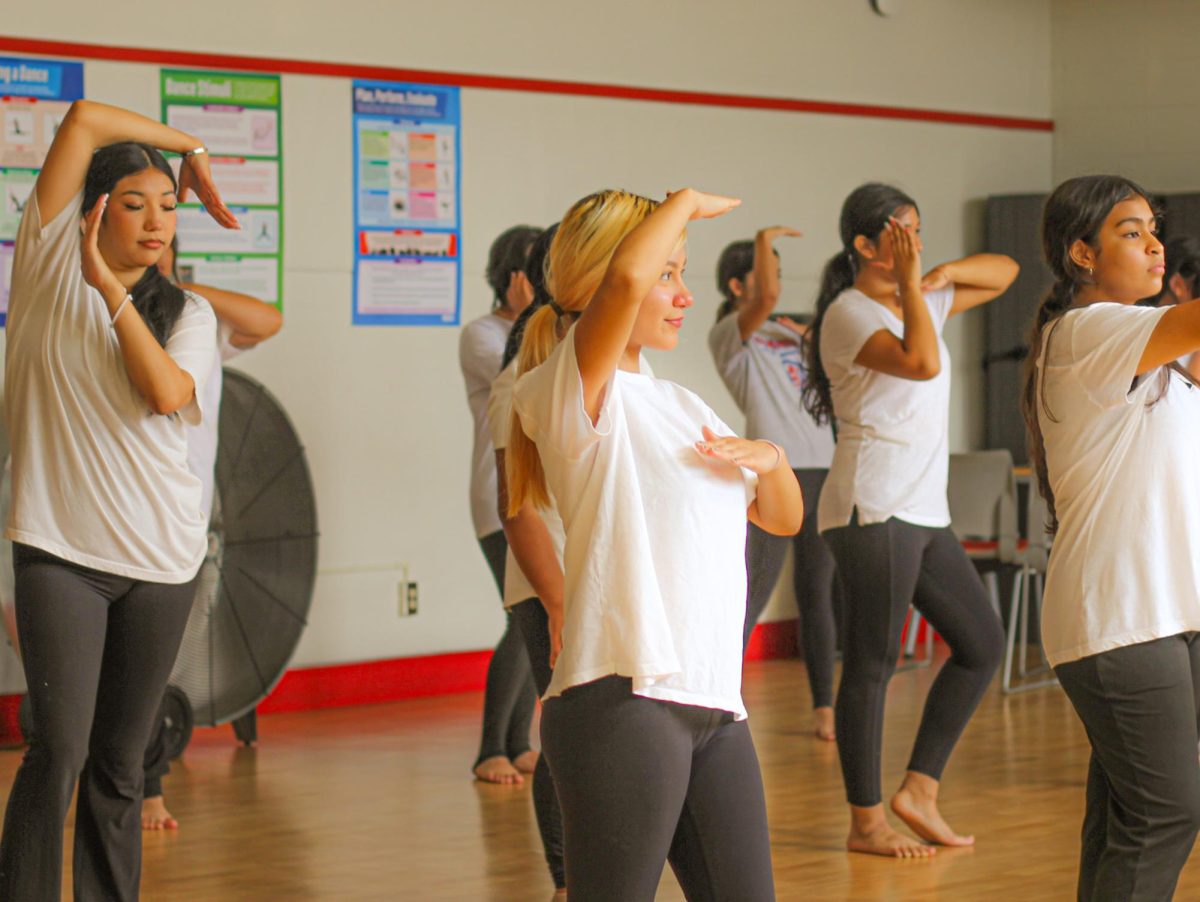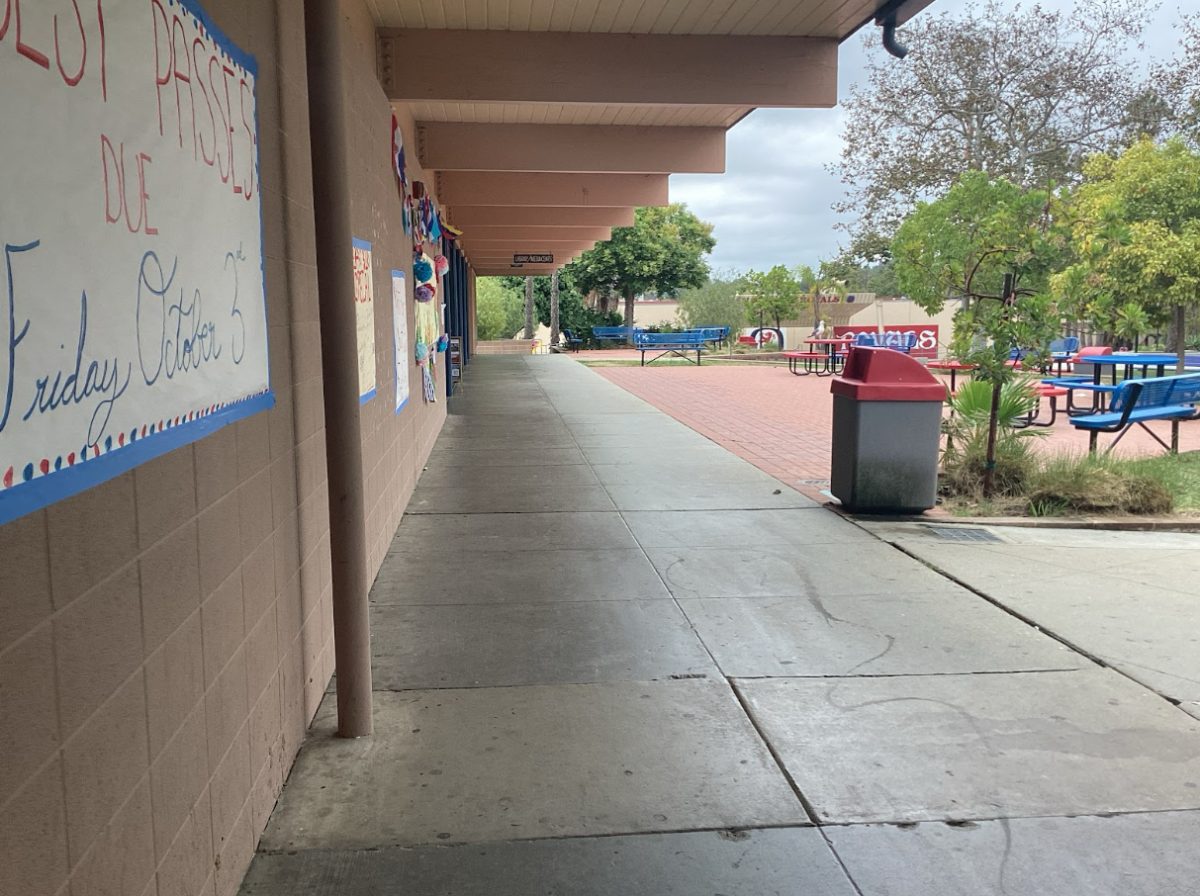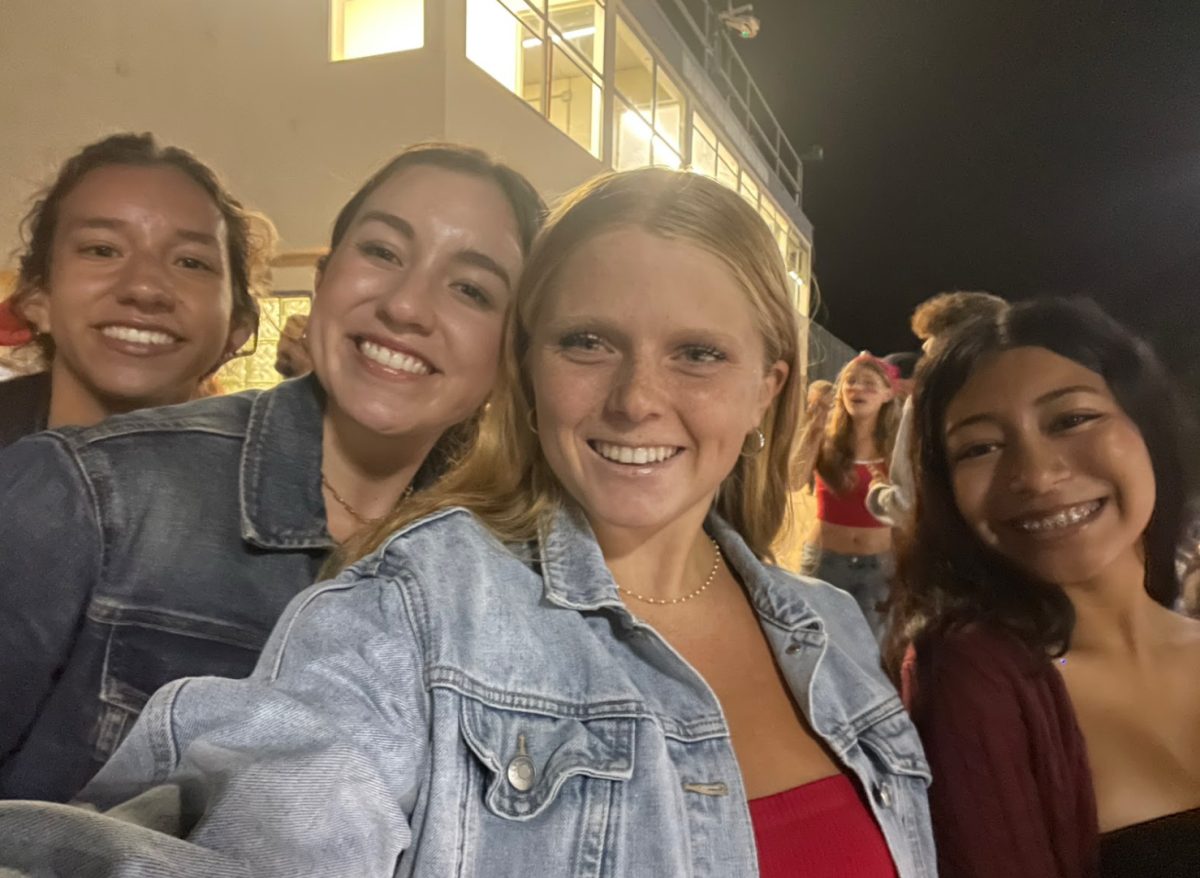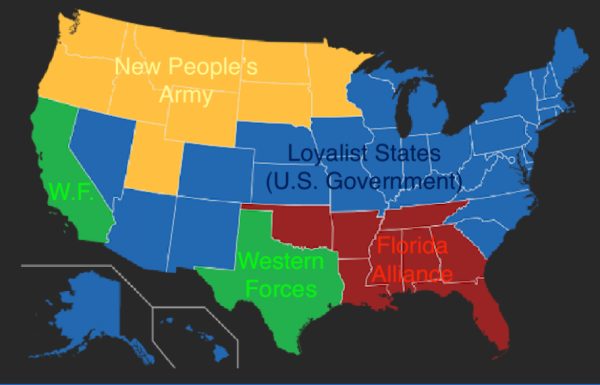
Alex Garland has written a tense, frightening, and raw look at what many believe a national conflict in the U.S. could look like. In the linear journey of the film’s main characters, they come across, report on, and interact with almost every side in this war, displaying to the audience the polarization that has befallen the nation, not much unlike this country’s current political state of mind. On the other hand, by not specifying the cause of this conflict, some audiences have felt they have been left without a sense of who is in the right and wrong of the chaos. Certain people, like The Verge’s Charles Pulliam-Moore, have felt that Garland has failed to deliver his point of view on the palpability of this fiction becoming a reality, but his depiction of the role that journalism plays in times of uncertainty is inescapable.
In this apocalyptic America, seasoned “war-journalists” Lee and Joel reluctantly allow aspiring photographer Jessie and rival New York Times writer Sam to tag along as they set off from New York City to Washington D.C. in a sprint against separatist forces and other reporters to obtain what they believe to be the last interview with the president of the United States. On their journey, they get caught up in several hostile encounters with militants who are either trying to kill the protagonists or are too busy trying to kill each other.
While many details were blurred in that quick summary, the story is that easy to follow: our characters are trying to get from point A to B without dying. In contrast to many of Civil War’s trailers trying to rev it up as this season’s explosive, gun’n’run title, it is chock full of subliminal messages that get you thinking about some of today’s most important matters.
Going into this movie, one should not take lightly the writing of Alex Garland. He has displayed through his previous films like Annihilation and Ex Machina his ability to draw suspense and leave his audiences asking questions about the messages he embeds. This movie is no less provocative. During its course, it is shown that many American news organizations have become stagnant and on the brink of collapse, leaving the coverage of this conflict reliant on international publications and people like Jessie. Jessie begins this journey shook to the bone at the first sight of a corpse, as anyone would be. She cries, scolds herself for being so frozen that she can’t take a photo, and all in all portrays the humanity in journalists. Lee, Joel, and Sam are more like the voices on her shoulders telling her she’s really in for a brutal ride, keep your head down and focus, and it’s going to get worse before it gets worse while also teaching her the importance of what they’re doing and how to love it. Soon, as they drive closer and closer to Washington D.C., Jessie quickly becomes so fearless and enamored by her photography that soldiers have to grab and pull her back behind cover for her own safety.
Jessie’s character is our introduction to both the mindset and choices that journalists have when death is a present factor in their environment. Her evolution from a passionate novice to hardened photojournalist is our lesson on what it takes to compose yourself amidst bloodshed just as much as it is hers. By shooting a movie entirely through the perspective of journalists, Garland is stressing the work and sacrifices that reporters make to keep the world informed of what is happening, while also showing how easy it is to skew the facts. The group sees the tolls of war like mass inflation and displaced citizens and they speak with combatants from different factions with different ideologies, different perspectives on how the war is going and what its end will mean. The job of creating an unbiased eye and the skill to witness all sides and compress them equally into an accurate retelling is not the heaviest message in this movie, at least not as plain to see as what they go through. That is without saying that the importance of eliminating bias does not prevail in this movie and echoes into our reality of how news is falsified, but the emphasis is placed on the lengths a journalist will go to capture the truth.
Coming back to the narrative, why are we at war in the first place? While the exact reason is not so simply stated, there are three specific reasons that are implied: 1. The president forced his way into a third term of office. 2. The president disbanded the FBI. 3. The president ordered “airstrikes” on innocent civilians. These actions taken by the unnamed president of the United States have caused two distinct movements to take up arms against the government: the Western Forces, made up by the unlikely union of Texas and California, and the Florida Alliance, containing Florida and many of its southern neighbors. There’s also the New People’s Army which contains many northern border states and half of the west coast which didn’t even merit a single mention in the movie and plays no role in the story whatsoever. The other two secessionist armies face the remaining U.S. military still loyal to the president.
What people have a problem with is that we don’t actually know who started it. Was it the president’s last straw of killing innocent people, or was that an excessive response to any of these groups that could have shown aggression to the government and/or its citizens? Movie-goers have been thrown off by the lack of this detail by not knowing who to stand with and feel that they’re watching a baseless war play out. Many of which went to see this movie expecting a clear implication from Garland that this could begin in real life with a specific action taken by a hinted group or political party. Instead, what we see appears to be the most extreme versions of what could maybe have started as far-leaning organizations. Rather than severe political angst towards the president’s decisions, more than just the violence waged against his government, we see adrenaline-pumped animosity directed at him and a desire for his execution. An end to the beginning that has escalated to war fought by sides whose ideologies, while different in appearance (provided by Sam’s speculation of their inevitable battle against each other), are largely clouded leaving the audience pretty impartial to the fight.
In regards to Garland’s choice to leave out the beginning of this war, senior Hunter Johnston says,“I think my take is that it was on purpose to show that when war happens, the reasons stop to matter because you’re already in it. And so at that point, it becomes tribal almost, and you’re just kind of in there trying to stay alive. I think he was very purposeful in not telling us the beginning. I think he chose America just because we sometimes feel so removed from stuff like this that is happening in third world countries almost all the time.”
Junior Ethan Kelly said,“I think it’s more based around looking at how civilians are in warfare, because we’re following the press which doesn’t carry weapons, they don’t answer to anybody. They’re just in action trying to live, trying to capture it.”
“Civil War” can be seen as a misleading title if you’re the kind of person who believes that Garland’s main theme and focus is the valiance of journalism. At the same time, it’s very fitting with how many people think a civil war is plausible today in the U.S. This movie holds both ideas very close to mind, it’s that we recognize them that makes this movie so important. How close we are to actual civil war is largely determined by how close we think we are, and how close we think we are is influenced by the news we read. Alex Garland may have been thrown some shade for not saying specifically how this would happen, but by showing us the risks and dangers of its documentation cements journalism’s importance.


